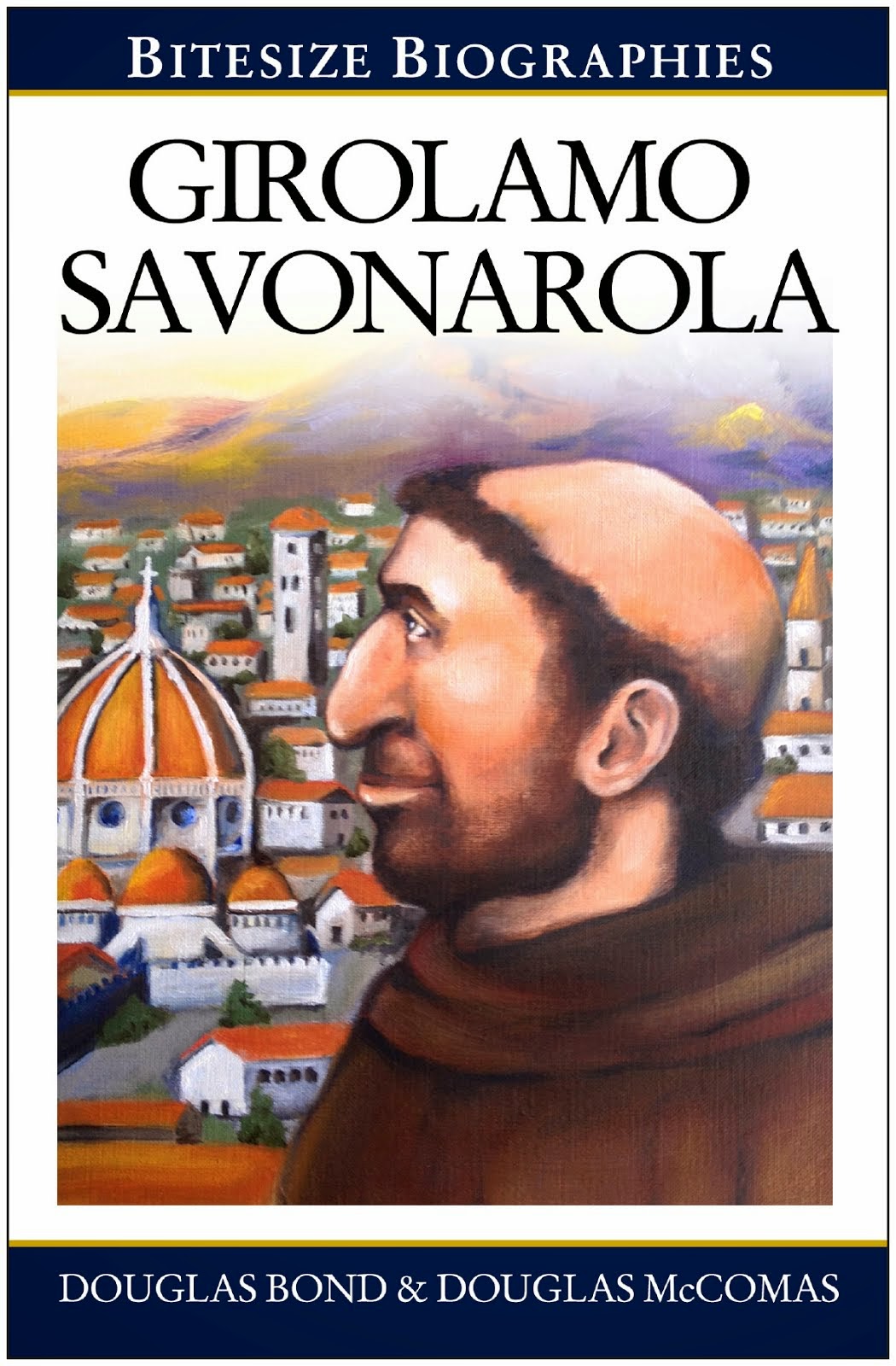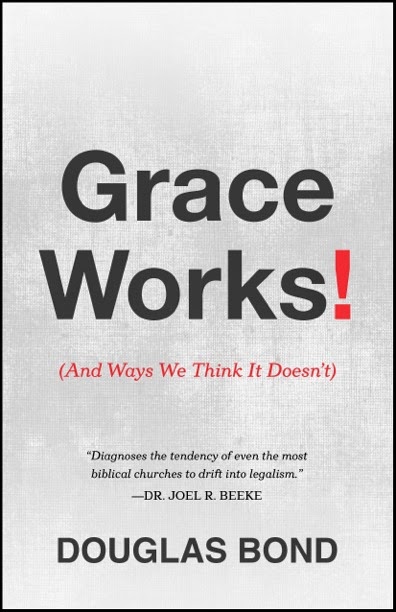 |
| Notre Dame Paris: the need for Reformation |
Friday night we had a wonderful Parisian dinner, multiple courses, including escargot (Gillian was the first kid to try it and chewed and swallowed).
Saturday morning we did the grand tour of the University of Paris (Calvin arrived 1523 as a 14 year old), stopping at Renee Descartes home and discussing the counterpoise of the Enlightenment to the Reformation, then on to St Etienne du Mont (Pascal buried here) across from where the College de la Marche stood and where Calvin first attended college. He would likely have gone to mass here. From there we discussed life at College de Montaigue where he studied theology, where Erasmus, Pierre Viret and Ignatius Loyola did too. Then on to the Cluny monestary, then St Severen, and finally the Pardis Latin, formerly the college where Jacques Lefevre d'Etaples taught and preached the gospel and where he may have done substantial parts of the first translation of the French Bible.
Here's a clip about Calvin in Paris from my novel on Calvin, THE BETRAYAL:
 |
| St Etienne du Mont |
...It
was a warm August afternoon, perfect for what my mind began immediately to
scheme upon. At last I spied what I had been waiting for. A carefree boy of
about my height and build flung aside his scholars robe of black wool and
tossed it indifferently onto the stone bench that ran along the outer confines
of the cloister. I had observed that these robes were one and the same; there
could be no distinguishing evidence to set one apart from another.
Stealthily,
I glided toward the robe, watching the careless scholar closely. He turned as
if to make jest with his fellows. As they threw their heads back in hilarity at
his words, I sprang. In an instant my chapeau
was off and I was a black-robed scholar of the Sorbonne; none could gainsay my
status.
Now
bold and confident in my disguise, I strode round the east end of the cloister,
where my eyes lit upon a small gathering of black-clad youths seated on benches
in the inner court surrounded by the stone-vaulted cloister. An aged man,
sunlight reflecting through transparent white locks flowing from under his
black scholars cap, stood over the boys and was speaking to them. I drew near,
concealing myself behind the tracery of a Gothic archway. This is what I heard.
“Telle est la douceur de cette nourriture
divine, qu'il rend l'esprit insatiable: plus nous le goût de celui-ci, le plus
long pour nous.”
I
recall being profoundly shocked at what I heard. Shocked because I understood
what was said. The venerable fellow spoke not Latin to these young men, but
French, else I would have understood but the merest rudiments of his words. I
recollect being deeply puzzled by this fact. I even wondered if it was
permitted to speak thus in French within these hallowed corridors.
But
not only did he speak in the language of the common man, he spoke as if to the
common man, with clarity, and with something else, something I had never heard
before in my entire life. His words enchanted me.
“Such
is the sweetness of this Divine food,” he had said, “that it makes the mind
insatiable: the more we taste of it, the more we long for it.”
In
these words, he spoke with a conviction that was no less contagious than the
bubonic plague had been in Noyon. And for a few fleeting moments I felt myself
drawn in by that contagion. I longed to sit among those boys and feast on his
words.
He
now seemed to be moving to some weighty truth, if the flashing of his deep blue
eyes was any indicator. And he seemed to warm with a sense of wonder at his own
words, though he was no pedantic, and there was nothing of the pompous magister
in his manner. It was not his oratory that transported his visage. It must be
the things about which he was speaking that so animated his delivery. I pressed
my face closer to the stone tracery so as not to miss a word.
“Ineffable
exchange, the Innocent one is condemned and the criminal acquitted; the
Blessing is cursed, and he who is cursed is blessed; the Life dies, and the
dead live; the Glory is covered with shame, and He who was put to shame is
covered with glory.”
My
bosom swelled with longing as I listened. Was it merely his craft, his eloquent
oratory that so thrilled me? It seemed it must be something more. I understood
the meaning of the individual words the elderly one spoke, yet did they confuse
me, dizzy me with their paradoxes, and I wondered if he was but playing word
games with them—and so with me.
I
listened intently for a time, and then his speech proceeded down yet another
path.
“Those
who are saved,” he continued, stretching his hands as if to encompass the
huddle of boys who listened. “Those who are saved are saved by election, by
grace, by the will of God, not by their own. Our own election, will, and work,
are of no avail: the election of God alone is profitable. When we are converted
it is not our conversion that makes us the elect of God, but the grace, will,
and election of God which convert us.”
I
studied his face more closely. This was clearly no word game. His conviction,
his passion was too complete, too genuine for any mere game playing with words.
Hungrily I listened on. He spoke of redemption, of forgiveness, of repentance
and faith, of peace with God. He spoke like no bishop or priest I had every
heard before.
“Religion
has but one foundation, one object, one Head, Jesus Christ, blessed
forevermore. The cross of Christ alone openeth the gates of heaven and shutteth
the gates of hell.”
At
this point in his speaking, a change came over the man. I thought I detected a
glancing across the courtyard and a flicker of recognition in his eyes—or was
it fear? He paused, his eyes returning to the faces turned toward him. Then
abruptly he shifted to Latin, the majority of which was lost to me.
It
was as I turned to go that I saw him. He had been in the back row listening to
the man, and he was scowling deeply when he turned my way. So distracted was Cauvin
that he, at first, gave no evidence of recognizing me. I was mystified by my
internal feelings. I wanted him to see me. For what reason, I was not then
certain. I stepped more boldly into his path as he drew near. Still a frown
furrowed his brow, and then he saw me, recognition spreading across his face.
“We
have met?” he said.
“Oui,” I replied. “I carried your
baggage.”
He
halted and stared more deeply into my eyes. “Jean-Louis? Of Noyon, our beleaguered
home? How have you come to Paris?”
He glanced at my stolen robe. “Are you to study?”
I
resented his last question. Though the incredulity I believed I had detected in
his tone was all too fitting, yet did I choose to despise him for his candor.
“I
am as you see me,” I replied evasively.
He
eyed me with what I feared was a look of incredulity, for which I resented him
further. I observed in his keen eyes a hint of what I feared would be a barrage
of cross examination about which college I attended, where my room was, how I
supported myself. But at the headwaters of the torrent, he seemed to check
himself.
“Have
you found another to attend?” he asked instead.
I
was at first taken aback by his query. He was clever enough to have connected
me with my previous disguise. The growling of my empty stomach acted as a check
to what might have been a surly reply. Fingering my nearly empty purse beneath
my gown, I felt I needed to answer with care and that a great deal depended on how
I did so.
“I
have by this means,” I said, indicating my robe, and all the while feigning my
most servile expression, “determined to make myself at your disposal.”
It
was by this seemingly chance encounter that I became a servant scholar to Jean Cauvin
at the College de la Marche. I told
myself that he owed this to me; after all, he was a youth with not one but two
benefices to support him. I took pains not to convey such feelings to him.
There was no bed for me at his uncle’s home, but he did see to providing me
with an ample supply of daily bread, which I ate hungrily and, I must confess,
resentfully.
And though
I found it at times intensely wearisome, I was at his side as he was tutored in
Latin. Dull and incomprehensible as the Latin tutor was, Cauvin was transfixed
by his magister and often spoke thus of the man: “Mathurin Cordier is an
instructor sent by God. If ever I happen someday to write anything by which
anyone might find profit,” he spoke thus with glowing countenance, “it will be
as a result of this singular kindness of God. Mathurin Cordier, like no other
has done, is teaching me the true method of learning.” Such superlative
language more than bewildered me, yet did I remain at Cauvin’s side through
arduous tutorials and lectures.
I
knew not yet what precise advantage to take of my new situation, but I
recollect being rather proud of my achievement and of my new status. Forgetful
of my all-too-rapidly-squandered means, I congratulated myself on my cleverness
at thereby providing food for my belly. Best of all, or so I then consider it, when
the wearisome day at the college concluded, I was free to wander about Paris for my amusement.
Which I did.
It
is astonishing to consider how seeming chance encounters, and what men term
insignificant interchanges, produce profound and life-altering effects. Such
was my new life, though I confess, I then had nothing but scorn and contempt
for such contemplations. Nothing then did I realize of the high intrigue into
which my new situation would embroil my life.
























No comments:
Post a Comment